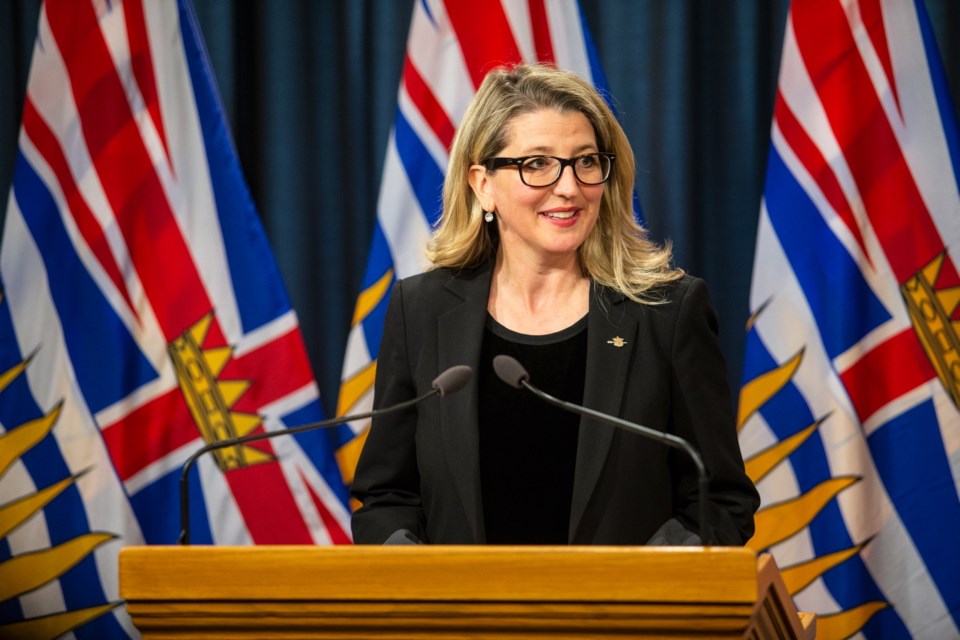The BC NDP government has unveiled what obtaining the “consent” of First Nations for resource development projects is supposed to look like and things are as confusing as ever.
Agriculture Minister Lana Popham announced a new government policy regarding aquaculture operations, one she says breaks the status quo and charts a bold path forward that will require any First Nations affected by a fish farm to consent to it.
That policy doesn’t take effect until 2022, well after the next election, and there is no guarantee the party in power that created this policy will still be in charge.
Whichever party wins the next election will be free to come up with its own policy regarding aquaculture.
So perhaps First Nations’ support will be required. One day. Maybe.
That is one uncertainty.
Another is we still have no clue of what, exactly, is meant by “consent” when it comes to being implemented. Popham has been asked repeatedly to offer her definition of “consent” when it came to fish farm operations and has declined to do so each time.
“Right now, we are working with the word agreement,” she said. “As far as the technical details around that, I think we’re going to have to see how that works. That’s why we have this four-year term.”
When she was asked what would happen if an elected band council were in favour of a fish farm but, say, some hereditary chiefs were opposed, no clarity was provided. And what if one First Nations supported a fish farm but another First Nations with an overlapping claim opposed it? Again, there was no clear answer.
She did provide a clue about how this may play out, saying there are existing operating agreements between fish farm operators and local First Nations. “We might look to how those are being done now,” the minister offered.
Popham was not the only government official unable to provide much certainty about a concept that has potentially enormous implications for all kinds of natural resource industries – forestry, mining, oil and gas.
In a technical briefing for reporters that preceded Popham’s news conference, her ministry’s senior officials were similarly vague about defining what is meant by “consent” and suggested it may take various forms.
That “maybe yes, maybe no” approach will hardly inspire much investor confidence.
The BC NDP remains committed to giving First Nations “free, prior and informed consent” over development, as outlined in the United Nations Declaration of the Rights of Indigenous Peoples.
We now have our first look at how that pledge will be applied to a particular industry. But we are scarcely better informed at what this promise will look like on the ground after it evolves from being a theoretical concept.
Keith Baldrey is chief political correspondent for Global BC.



